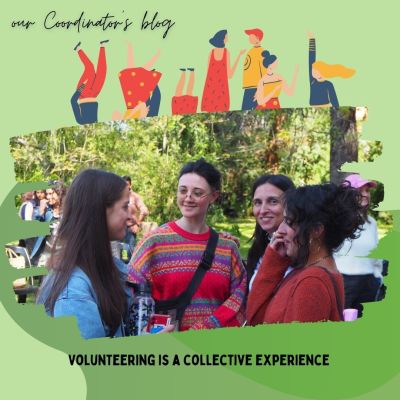DO YOU THINK EVERYONE GETS UP IN THE MORNING AND WANTS TO GO TO WORK? WHY?
— Not really. Many times we people have to use our labor force in productive projects that have nothing to do with our desires. Many times, the concern for survival does not even allow us to cultivate that desire, to think about what we want for ourselves and for the world around us.
Getting up without the desire to work has to do with not knowing what you are working for, or knowing that you are working for something that you do not agree with but that you need in order to keep your material conditions stable (or at least trying).
— In quarantine, perhaps. Because workers feel enthusiasm and motivation to carry out non-routine activities such as those they sustain to earn a living.
— I don't think that we all get up with the desire to go to work because many times, apart from doing it as an obligation, we don't have a good time. We feel abused by our employer and we don't do something we enjoy but something that allows us to continue living.
WHO DO YOU THINK DOES ENJOY GETTING UP AND GO TO WORK EVERY DAY?
— I believe that giving ourselves time to cultivate and grow the desire, can serve as a guide in the search for jobs that motivate us. Jobs that have to do with our personal and collective searches, expanding our knowledge in ways that interest us and allowing us to solve problems that call us.
Desire is not a stable and immobile thing, and people usually work on several things in life. Desire can make us look for a certain job, but a job, an experience or an event can open new doors to desire and close others.
— I believe that people who do what they like and are passionate about it are those who get up with the desire. They do it regardless of whether they get something in return. On the other hand, when you feel the joy of doing a job you don't care how long it takes but you let yourself go without losing that dignity that is present in work.
WHY DO YOU THINK THAT WHAT YOU DO IN PACHECO COMMUNITY IS A JOB?
— In Comunidad Pacheco we work in the production of meaning. We work with the land and this has to do with our concerns and our life search. Our way of producing food, the form of cultivation the earth, is a choice that rules out others with which we do not agree. Agroecology is the choice we made to stop supporting the project of an agroindustrial model that not only destroys ecosystems but also does not serve for the nutrition and health of people.
Our work is guided and motivated by the desire to build an economy that is at the service of people's health. Our focus is on food production, on the knowledge of how and why each fruit, grain and vegetable is produced. Our priority is those means of production that do not poison either ecosystems or people, and that energize local economies and generate decent work. We work in Comunidad Pacheco base on these principles and values, and for this reason, we have the motivation to return to the garden every week.
— It is work because it recognizes people's abilities, since it provides a task, but adds a teaching and concrete activities to perform. We work in Comunidad Pacheco for the community of the area and the neighborhood because we help each other.
— It is a job because we work the land and try to replicate and exchange knowledge from a popular education apart from having responsibilities. In addition, it dignifies us and brings us together, makes us part of it, in a fair way for everyone. We consider ourselves workers, because we respect our rights, we fulfil certain obligations which should be something natural in our society. We work for ourselves, for others and for our land. For the common good of our people who fight and will keep going and replicating solidarity.





